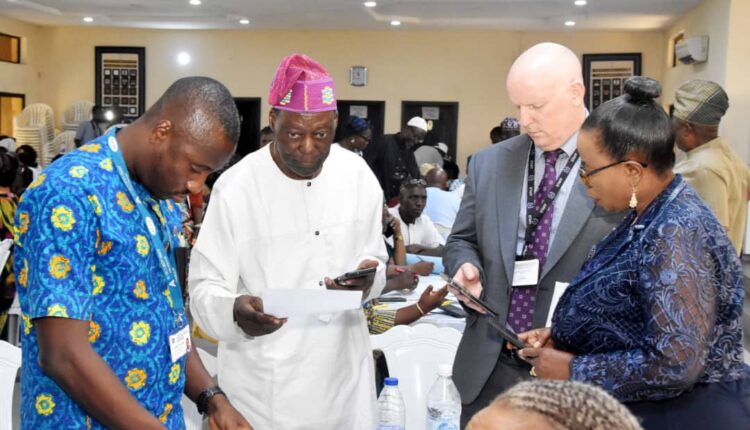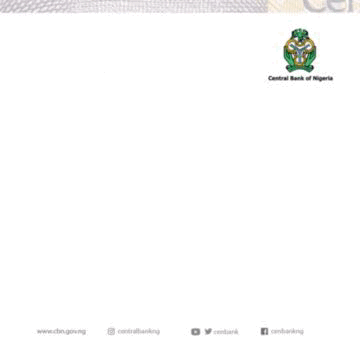
To continue to foster fruitful collaboration and dialogue between government and school owners, the Lagos State Office of Education Quality Assurance (OEQA), on Friday, met with education stakeholders in the State’s basic and secondary schools on the Y2024/2025 Academic Calendar.
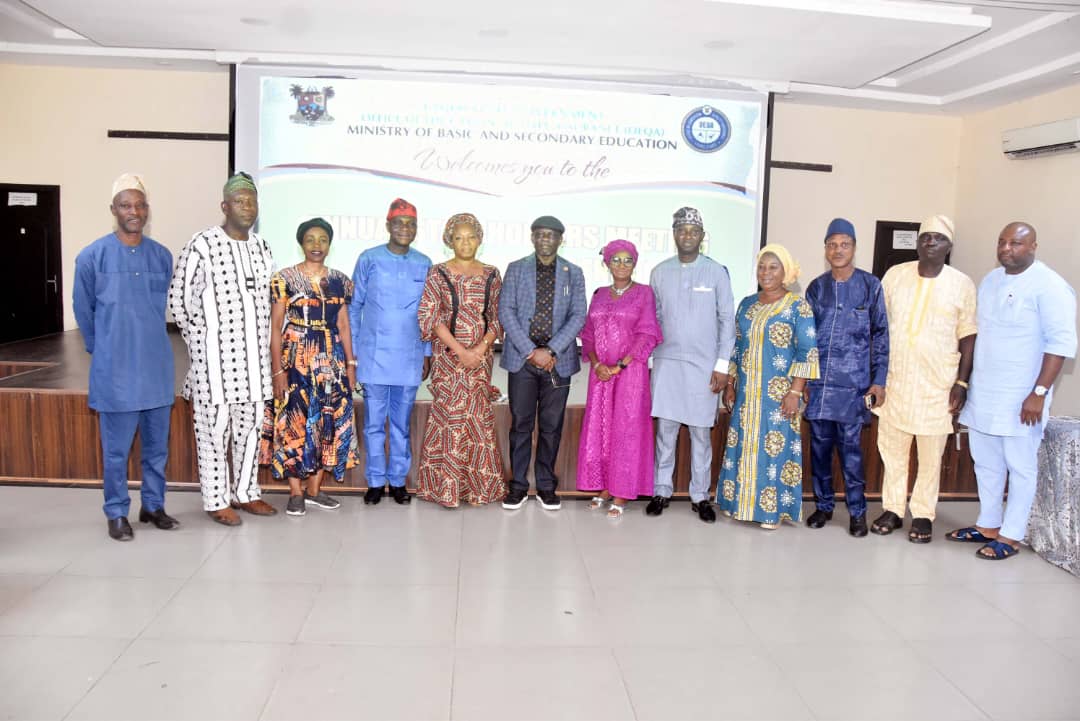

The stakeholder engagement that is held periodically to ensure that both government and private school owners are on the same page, has proven to be vital in addressing some critical issues surrounding schools’ academic calendars.
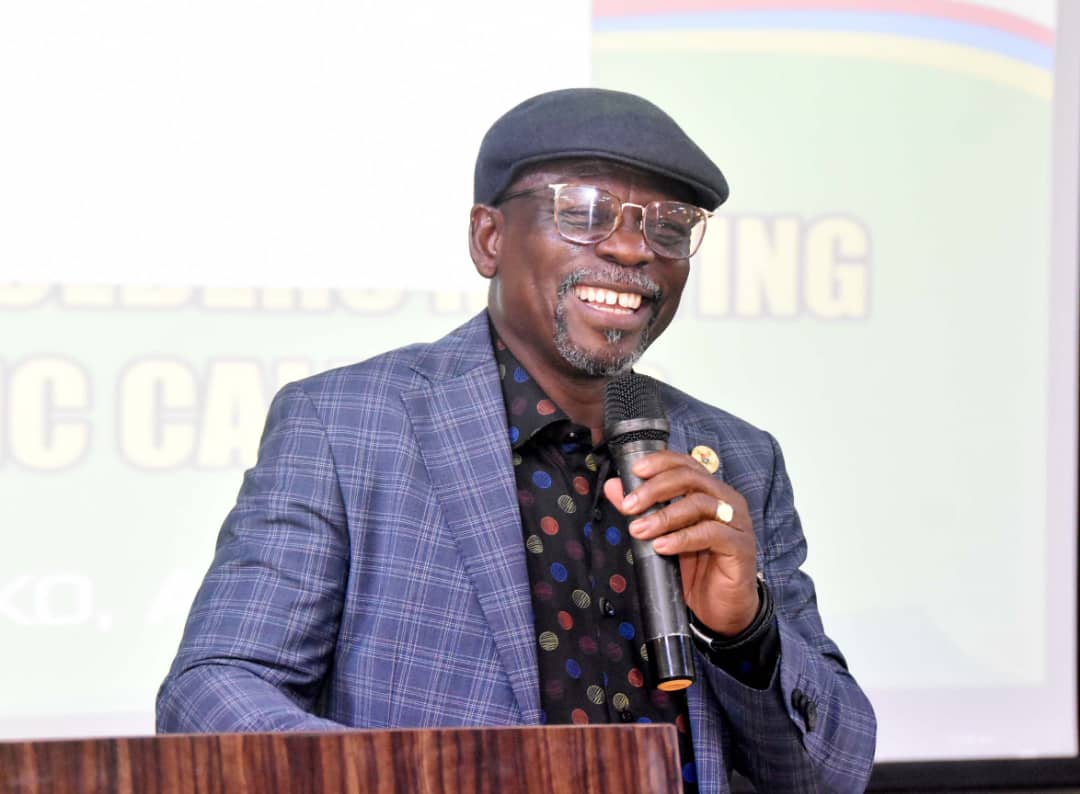
Addressing participants at the stakeholders’ engagement held at the Lagos State Universal Basic Education Board (LASUBEB) premises, Maryland, the Permanent Secretary, Ministry of Basic and Secondary Education, Mr. Abayomi Abolaji applauded the synergy that exists between the state government and school owners over the years.
He said that the smooth operation of the State’s annual academic calendar is a testament to the cordial relationship established by the Ministry with the stakeholders, stressing that this development has endeared Lagos to other States across the country.
Revealing that all laid down rules that guide the operations of Basic and Secondary Education in the State are jointly agreed upon by the education stakeholders, the Permanent Secretary appealed to the school owners to continue to adhere to the dictates of the various laws guiding schools operating in the State.
He urged the participants to use the avenue of engagement to make valuable contributions based on facts and figures and devoid of personal sentiments to collectively improve the standard of education in the State and beyond.
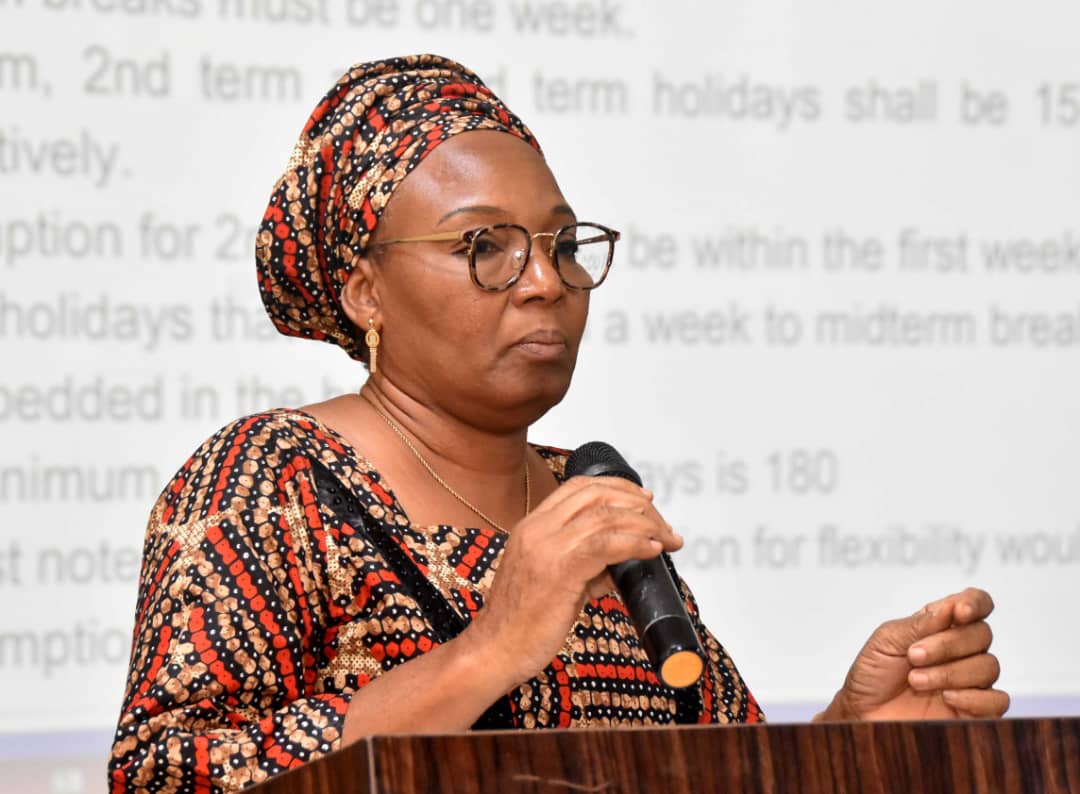
The Director, Private Education Special Programmes of OEQA, Mrs. Fabambi Falayi, during her presentation, informed that the stakeholders are expected to brainstorm on the adoption of a new Harmonized Lagos State School Calendar to ensure seamless and qualitative learning for the year 2024/2025 academic session.
Falayi explained that the essence of the engagement is to ensure that all schools below the tertiary level in the State are on the same page with respect to the school academic calendar. She later took the participants through the plenary session and guided the groups in drafting a calendar each.
The Director also highlighted some salient points and guidelines that would help develop the new Academic Calendar. These include: Midterm breaks which must be one week as well 1st term, 2nd term and 3rd term holidays which must be 15 days, 10 Days and seven weeks respectively.
According to her, “Resumption for 2nd term must not be within the first week of January; Public holidays that are less than a week to Midterm break or end of term holiday should be embedded in the break; The Minimum number of learning days is 180 while the window for application for flexibility should be submitted at least three weeks to the resumption of the new session”.
Earlier, the Director of Planning, Research and Statistics, OEQA, Mr. Remi Abdul stated that the coming together of stakeholders will make it possible for the school owners to collectively drive positive change and innovation in the way the academic year is structured and managed.
While appreciating the stakeholders on behalf of the State Government for their level of compliance and adherence to Academic Calendars over the years, Abdul solicited the support and cooperation of all Stakeholders for a practicable and harmonious academic calendar for all schools in Lagos State.
The Director, Research Unit, OEQA, Mrs. Evelyn Pelemo took the stakeholders through the historical background of the development of a harmonized academic calendar in the State.
In his goodwill message, the Nigeria Union of Teachers (NUT), Lagos Chapter Chairman, Mr. Akintoye Hassan stated that the Academic Calendar serves as the framework upon which educational activities are structured, guiding students, teachers, and administrators alike in their pursuit of knowledge and excellence.
He advised the stakeholders to focus on ensuring optimal learning outcomes for students while also accommodating the diverse needs of the education community.
The stakeholders engagement was also attended by officials of LASUBEB, Teaching Service Commission (TESCOM), the six Education Districts in the State, Lagos State Technical And Vocational Education Board (LASTVEB), Nigerian Union of Teachers (NUT), All Nigerian Conference of Principals of Secondary Schools (ANCOPSS) representatives of Conference of Private Schools Associations in Lagos State (COPSAIL), Association of Primary Schools Head Teachers of Nigeria (AOPSHON), World Organisation for Early Childhood Education (OMEP), National Examination Council (NECO) and West African Examinations Council (WAEC), among others.


